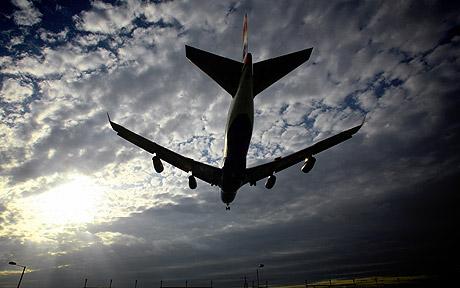Air Passenger Duty: A Tax on All Your Dreams

Air Passenger Duty: A Tax on All Your Dreams
By Charles Starmer-Smith
Once you have tasted flight, you will forever walk the Earth with your eyes turned skyward, for there you have been, and there you will always long to return." Leonardo da Vinci – to whom most attribute this quote – may never have experienced the long queues and cramped seats that are part of the modern experience of flying, but he was remarkably prescient.
It was the advent of low-cost airlines, following deregulation, that democratized flying in the early Nineties. With increased competition, air travel became more affordable, and British families looked well beyond Cornwall and the Costas for their annual break.
Twenty years on, after a succession of punitive increases in air passenger duty (APD) – up by as much as 333 percent in six years thanks to the latest 8 percent rise – you could be forgiven for thinking that the Government was keen to make flying once again the preserve of the wealthy and to make the rest of us cast our eyes back down.
If that sounds melodramatic, then consider that the number of flights taken by passengers from the UK fell by 29 million between 2007 and 2010. It's the recession that is to blame, say some. Yes, the continued bleak economic climate, currency chaos, financial turmoil and social unrest have played their part. But why, then, did passenger numbers on the Continent – where the financial downturn is being felt just as keenly – grow by 66 million last year?
British air passengers are already the most heavily taxed in the world: on average, they pay almost nine times more duty than their European counterparts. In fact, the Treasury will collect almost twice as much in passenger taxes this year (£2.2 billion) as all other European countries combined (£1.17 billion), according to new research published by the Fair Tax on Flying alliance, a group of more than 30 travel organizations.













